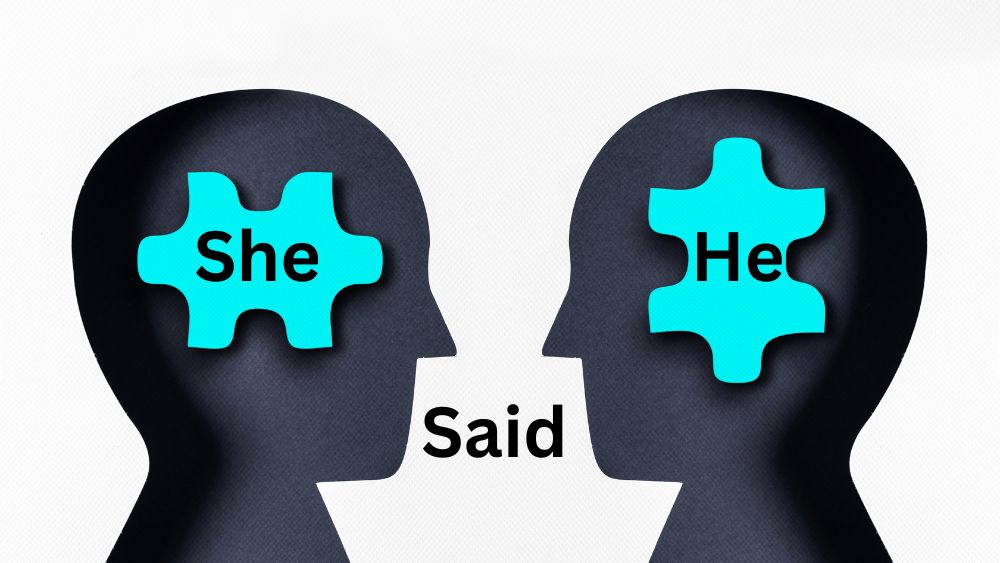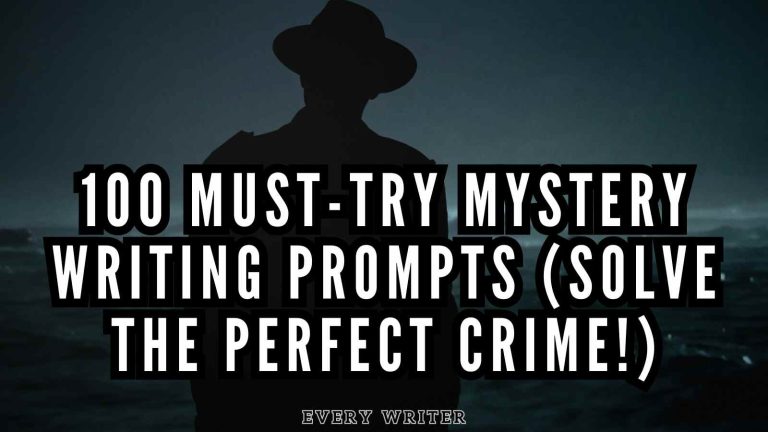Beyond “He Said, She Said”: Creative Dialogue Tags for Engaging Fiction
As a fiction writer, you know that crafting compelling dialogue is essential to bringing your characters to life and engaging your readers. However, relying too heavily on the standard “he said” and “she said” tags can make your writing feel repetitive and monotonous. In this article, we’ll explore various alternatives to these common dialogue tags and discuss how to use them effectively in your fiction writing.
The Role of Dialogue Tags
Dialogue tags serve an important purpose in fiction writing. They help readers identify who is speaking and provide context for the conversation. However, overusing “he said” and “she said” can create a monotonous rhythm that detracts from the natural flow of the dialogue. By employing a variety of alternative dialogue tags, you can add depth, emotion, and nuance to your characters’ conversations.
Action Beats as Dialogue Tags
One effective way to break up the repetition of “he said” and “she said” is to use action beats as dialogue tags. An action beat is a brief description of a character’s actions or body language that accompanies their dialogue. For example:
Sarah leaned forward, her eyes narrowing. “I don’t believe you.”
Tom slammed his fist on the table. “I’ve had enough of your lies!”
“I’m sorry,” Maria whispered, tears streaming down her face.
In these examples, the action beats “Sarah leaned forward, her eyes narrowing,” “Tom slammed his fist on the table,” and “Maria whispered, tears streaming down her face” provide visual cues that convey the characters’ emotions and add depth to their words.
Expressing Emotions and Tones
Another way to enhance your dialogue is by using tags that express emotions or tones. These tags give readers a clearer understanding of how the characters are feeling and the intended delivery of their words. For example:
“I can’t believe you did that!” Emily exclaimed.
David sighed. “I’m just tired of the same old routine.”
“Oh, really?” Lila asked, her voice dripping with sarcasm.
In these examples, the tags “Emily exclaimed,” “David sighed,” and “Lila asked, her voice dripping with sarcasm” provide emotional context and help readers better understand the characters’ state of mind.
Mixing It Up
While alternative dialogue tags can add variety and depth to your writing, it’s important not to overdo it. Using too many creative tags can be just as distracting as relying solely on “he said” and “she said.” The key is to find a balance and use a mix of standard tags, action beats, and expressive tags throughout your dialogue.
Additionally, it’s crucial to ensure that your dialogue tags are consistent with your characters’ voices and personalities. A reserved character might “mumble” or “whisper,” while an assertive character might “declare” or “state firmly.”
Conclusion
Enhancing your dialogue with creative alternatives to “he said” and “she said” can greatly improve the quality and engagement of your fiction writing. By incorporating action beats, expressing emotions and tones, and finding the right balance, you can create dynamic, immersive conversations that keep your readers hooked. Remember, the goal is to make your dialogue feel natural, engaging, and true to your characters’ personalities. With practice and experimentation, you’ll master the art of crafting compelling dialogue that brings your stories to life.
Here is a list of 75 “he said, she said” alternatives:
- Mumbled
- Whispered
- Shouted
- Screamed
- Yelled
- Bellowed
- Murmured
- Muttered
- Stammered
- Stuttered
- Blurted
- Interjected
- Interrupted
- Declared
- Announced
- Proclaimed
- Stated
- Affirmed
- Asserted
- Remarked
- Commented
- Mentioned
- Noted
- Observed
- Pondered
- Mused
- Wondered
- Speculated
- Questioned
- Inquired
- Requested
- Demanded
- Pleaded
- Begged
- Implored
- Urged
- Insisted
- Argued
- Countered
- Agreed
- Concurred
- Consented
- Approved
- Disagreed
- Objected
- Protested
- Complained
- Groaned
- Moaned
- Sighed
- Breathed
- Gasped
- Hissed
- Snapped
- Barked
- Growled
- Roared
- Laughed
- Chuckled
- Giggled
- Snickered
- Cackled
- Scoffed
- Sneered
- Taunted
- Teased
- Joked
- Quipped
- Retorted
- Replied
- Responded
- Answered
- Acknowledged
- Confessed
- Admitted
Remember to use these alternatives sparingly and only when they genuinely fit the tone, emotion, and context of the dialogue. Overusing creative dialogue tags can be just as distracting as relying too heavily on “he said” and “she said.”
- 8 Authors Who Created Literary Masterpieces Keeping Their Day Jobs - March 31, 2025
- Plotter or Pantser? A Writer’s Personality Quiz - March 30, 2025
- 100 Must-Try Mystery Writing Prompts (Solve the Perfect Crime!) - March 22, 2025





